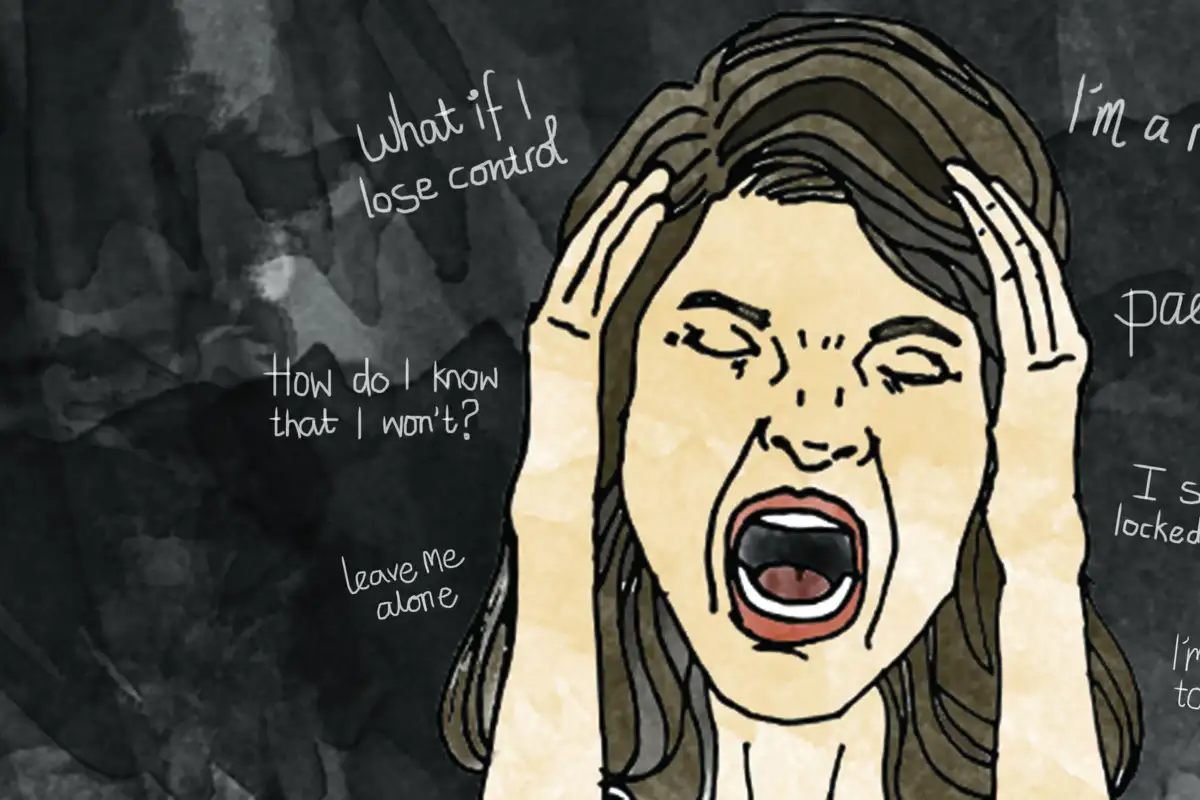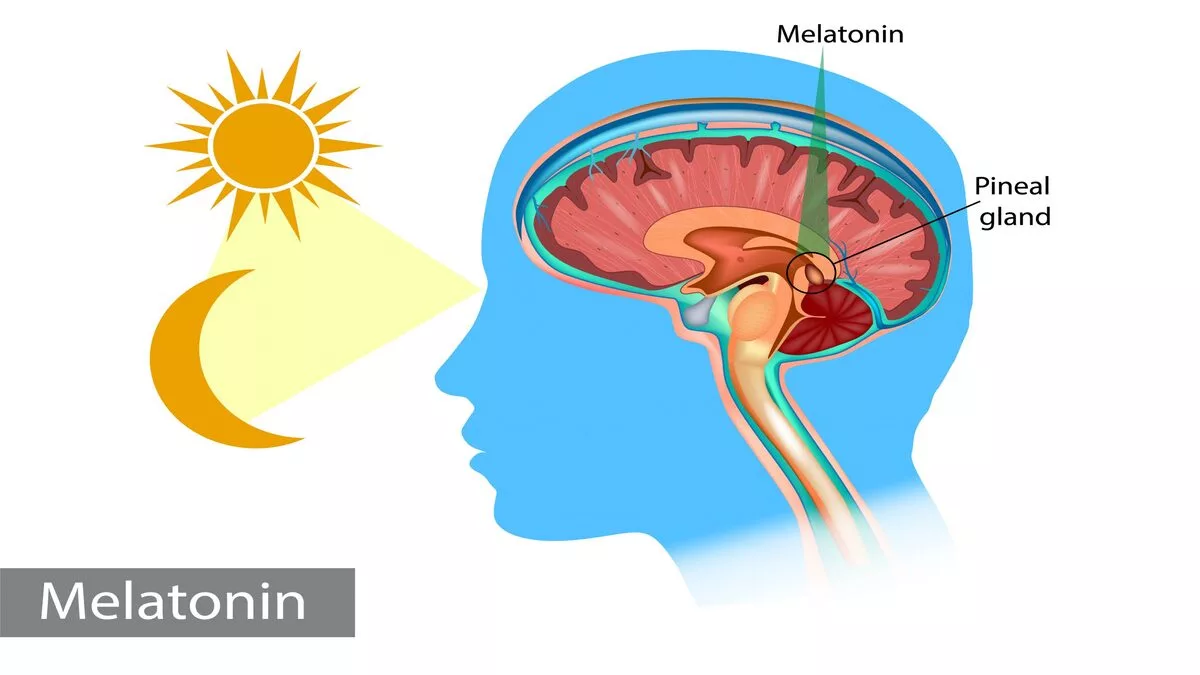If you’re grappling with postpartum OCD sexually intrusive thoughts, know that you aren’t alone. This variant of OCD isn’t as rare as you might think, and its psychological impact can be profoundly troubling. In this piece, we aim to offer a comprehensive overview of postpartum OCD with a focus on sexually intrusive thoughts. We’ll be examining the nature of these thoughts, exploring how they stand out from other categories of intrusive thoughts, and delving into why they pose such a significant mental health challenge.
Understanding Postpartum OCD Sexually Intrusive Thoughts
Understanding the complexities of the phenomenon known as postpartum OCD and sexually intrusive thoughts, or sometimes designated as Postpartum Sexual OCD (PSOCD), is essential due to its prevalence among new mothers. This unique condition manifests as potentially disturbing obsessions and anxieties connected to sexual activities that surface during the postpartum period. The range of these persistent thoughts can vary extensively, from a mother’s apprehensive concern about infidelity during her partner’s absence, to the dreaded fear of her child being exposed to sexual abuse.
Confronting Postpartum OCD and Sexually Intrusive Thoughts
The manifestation of this condition is especially distressing for first-time mothers. It’s crucial, though, to understand that such intrusive thoughts are a frequent element of postpartum depression and anxiety. Despite their disturbing nature, these thoughts don’t truly reflect the mother’s genuine convictions or longings.
Current studies suggest that approximately 30% of new mothers find themselves grappling with PSOCD. A considerable number of women hesitate to initiate conversations about these intrusive thoughts because of the accompanying feelings of shame and embarrassment. However, it’s imperative to emphasize that exposure to these types of intrusive thoughts doesn’t hint at deficient parenting abilities or mental health issues.
Identifying the Common Indications of Postpartum OCD Sexually Intrusive Thoughts

The struggle with postpartum OCD and sexually intrusive thoughts often comes along with various common symptoms. These symptoms might include:
- A heightened sense of fear or anxiety about the safety of your newborn or other children in your care.
- The development of compulsive tendencies, such as repeatedly checking or counting the baby’s body parts.
- An overpowering concern about the baby’s health, overall development, or physical appearance.
- Experiencing intrusive thoughts related to engaging in sexual behavior with your infant or child.
- Coping with guilt or shame associated with these intrusive thoughts.
- A strong urge to steer clear of triggers that might induce these intrusive thoughts.
- Avoid scenarios where you’d be left alone with your baby or other children.
- A struggle to focus on daily activities due to overwhelming anxiety.
- Getting caught up in ritualistic behaviors like continually reassuring oneself about the absence of dangers.
Managing Postpartum OCD Sexually Intrusive Thoughts
There exist several effective techniques to manage the postpartum OCD sexually intrusive thoughts. It’s vital to understand that these intrusive thoughts aren’t an accurate representation of your genuine beliefs or intentions and could be regulated without yielding to compulsive behaviors. Below are some recommended strategies to manage postpartum OCD and sexually intrusive thoughts:
- Recognizing the thought without lingering over it. Acceptance of the thought can diminish its dominating influence and allow you to divert your focus onto other aspects.
- Implement mindfulness practice. By emphasizing your breathing and staying in the present moment, you can be more skillful in managing your thoughts.
- Challenge pessimistic thoughts. Endeavor to rephrase your thinking in more optimistic terms, such as “I am fully competent to be an excellent parent.”
- Seek expert assistance. Engagement with a professional therapist can provide valuable aid and direction in managing the complexities of postpartum OCD.
More Effective Strategies
Discover effective stress relief outlets that activities like exercising, journaling, art or other hobbies can be constructive in regulating the anxiety connected with intrusive thoughts. Also, connect with fellow mothers: Conversations with mothers who have gone through similar experiences can offer a comforting source of support.
Postpartum OCD sexually intrusive thoughts aren’t something that should provoke feelings of shame; they are a well-recognized symptom of a real disorder needing professional intervention. Equipped with the right tools and resources, you can effectively manage these intrusive thoughts, leading a life uninhibited by fear or shame.
Understanding the Triggers of Postpartum OCD Sexually Intrusive Thoughts
Determining the causes of postpartum OCD sexually intrusive thoughts is paramount, as this form of Obsessive Compulsive Disorder (OCD) can lead women to undergo unwanted thoughts or visualizations of a sexual kind after childbirth. These phenomena, often termed as “postpartum sexually intrusive thoughts”, can fluctuate from mild to severe levels.
Causes and Clarifications
These encompass the primary factors and elucidations for postpartum OCD and sexually intrusive thoughts. Nonetheless, it is crucial to acknowledge there could be a diverse range of causes or factors contributing to them. If you find yourself struggling with such intrusive thoughts, it is imperative to consult your healthcare provider or reach out for mental health assistance to obtain the crucial support and care you require.
Below are a few prevalent causes and clarifications for postpartum OCD sexually intrusive thoughts:
Physiological Transformations
Experts believe that the hormonal and bodily shifts associated with pregnancy, childbirth, and breastfeeding may significantly incite postpartum OCD and sexually intrusive thoughts. This issue may be magnified in cases where a woman is already susceptible to anxiety or depression.
Postpartum Tension
The psychological adjustment to a newborn, sleep deprivation, and the increased accountability that comes with a child’s care, can all act as catalysts for postpartum OCD.
Relational Shifts
The dynamic alteration in a partnership due to a newborn might lead to anxiety, depression, and intrusive thoughts, as relationships might appear relegated or strained.
Rising Emotional Tides
The emotional intensity that surfaces after motherhood can often generate intrusive thoughts, a mechanism the body uses as a means to comprehend them.
Biological Susceptibility
Certain individuals might be biologically predisposed to postpartum OCD and sexually intrusive thoughts, in some cases.
Conclusion to Postpartum OCD and Sexually Intrusive Thoughts
The experience of postpartum OCD sexually intrusive thoughts may seem intimidating and even somewhat shameful; however, it’s crucial to understand that such thoughts are not unusual and can be effectively managed with professional help. Should you or a loved one be wrestling with intrusive thoughts connected to postpartum OCD, it is imperative that your first step involves consulting with a mental health expert.
Equipped with the correct support and a tailored treatment strategy, there’s no need to let these invasive thoughts govern your everyday life. It’s completely feasible to discover wholesome coping mechanisms and reclaim your individuality, taking strides to become the best version of yourself.
Please remember, you’re never alone in this battle. OCD, recognized as a mental health disorder marked by obsessions and compulsions, can be overwhelming. Don’t hesitate to book an OCD therapy session!
Read also: Dialectical behavior therapy for ocd













